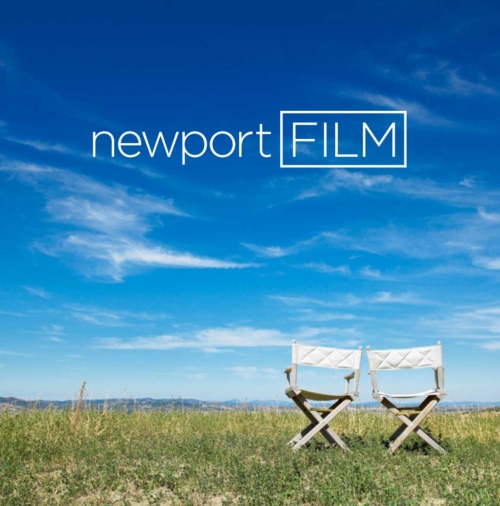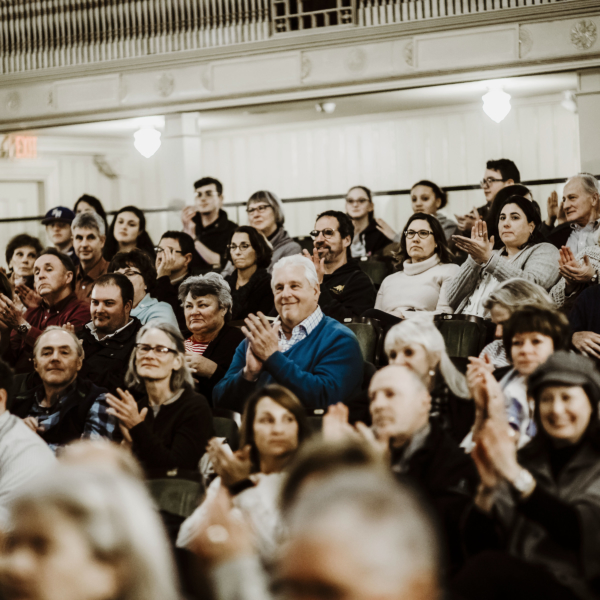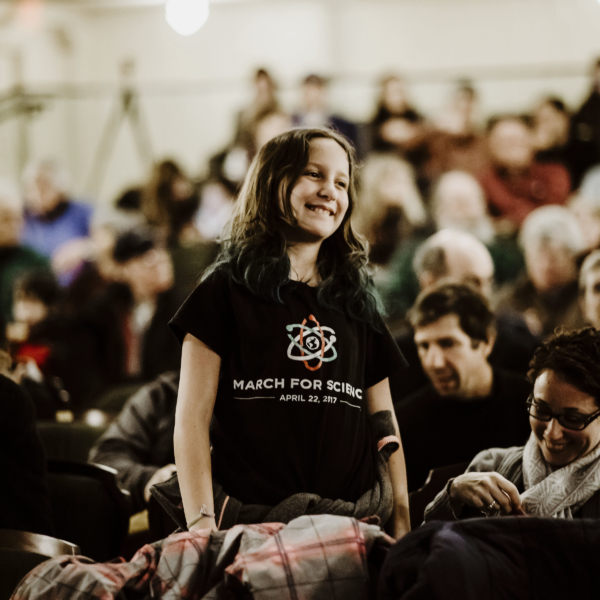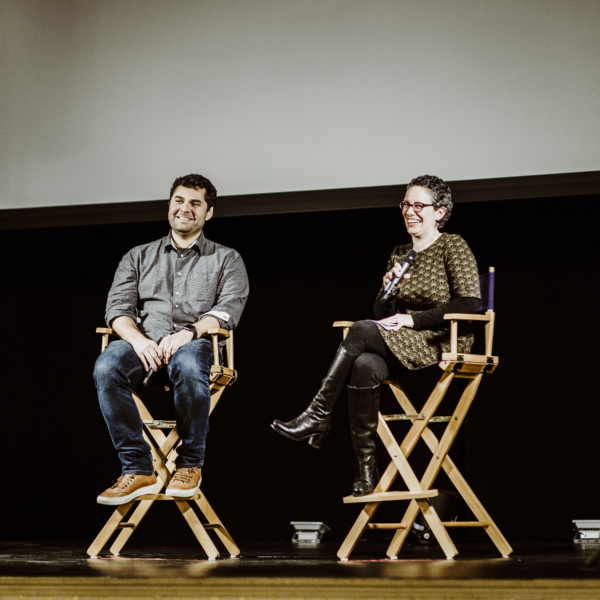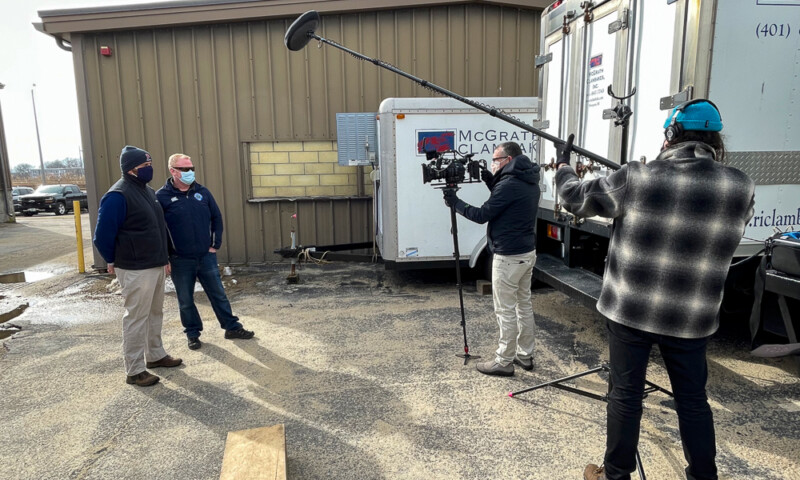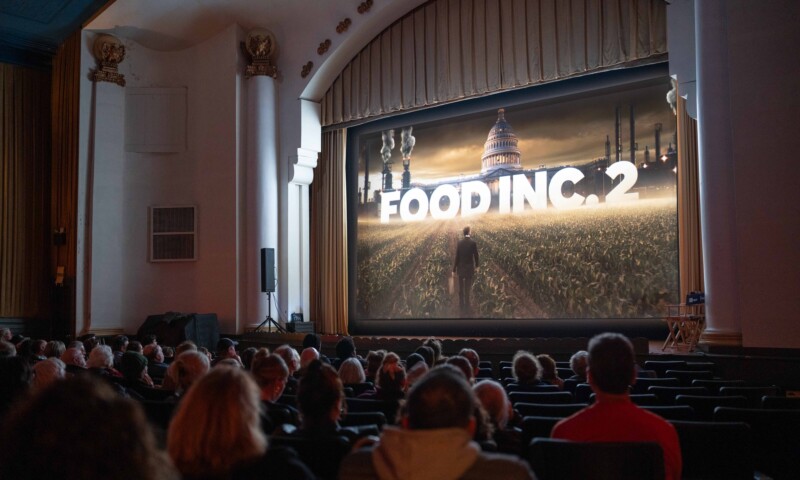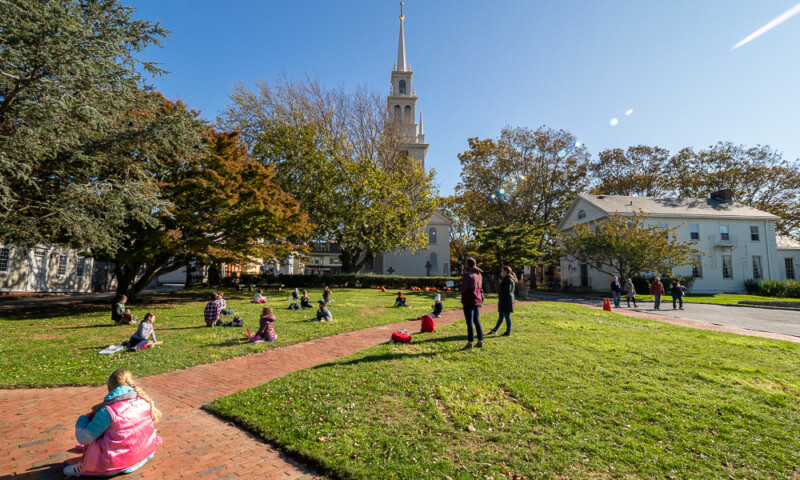Just before the lights dimmed at last night’s screening of “Billl Nye: Science Guy” we took the opportunity to sit down with the film’s director, David Alvarado. We spoke about what it took to make the film, what he hopes audiences will take away from the film, and his thoughts on the intersection of science and politics.
What led you to make this film, why Bill Nye?
I grew up watching Bill Nye on television, and today I’m a science documentary filmmaker…Looking back, Bill was a big part of what inspired me to want to make films about science. I just reached out to him and started working on [the film] back in 2014.
What was your favorite part of the film making process?
A big thing about [making this film was] hanging out with my childhood hero [Bill Nye] and traveling the world making a film with him. That was really amazing…the best part of production was going to Greenland. We went to this scientific research venue, just a camp on top of the globe at the north part of Greenland — it was just amazing. The US Army dropped us off on a plane with all of our camera gear and Bill Nye. We were there for a week talking to scientists and trying to learn about how climate science works. It was really exciting.
Who inspires your work as a documentarian?
I love Errol Morris and Werner Herzog the most. Documentaries can be a lot of things – there’s a diversity within the field which is very appealing. [Documentaries] can have a Ken Burns feel, using historical accounts of things that happened with photographs and archival material…Another way to tell a story is to embed yourself in people’s lives like Errol Morris and Herzog, who have done a good job in creating their own craft in documentary and honing their own style. That inspires to me create our own style.
After having spent so much time chronicling one of your childhood influences, how – if at all – did your perception change?
The one perception that’s changed was a character in the film, Joe Bastardi. He was a Trump supporter early on in the 2016 election and strongly disagreed with Bill on climate change. He thought Trump was a great candidate. Joe turned out to be a really nice guy despite being wrong about some really important issues, I feel like he is a loving person. He has a family that he loves and loves him back. It really helped me to be in Joe’s world for a little bit.
The topic of scientific credential was recurring throughout the film. After the making of this film I wonder if you have any insight into what makes someone a “scientist”?
That’s a good question. The film covers more about what makes someone a science communicator. A middle school chemistry teacher is not necessarily a scientist – they can be a scientist – but they don’t have to be a “scientist” to teach science, especially in that venue. Bill is in a particular space where he has a mechanical engineering degree (which is a part of the applied sciences) but really what he is professionally is a communicator for science which is a totally different thing. The film raises a lot of these questions and I ask the viewer what they think a scientist is.
Finally, what do you hope people should take away from the film?
I hope people get excited about science! Art is such an important part of our society, freedom and rights are such an important part of our society…science is such an important part of our society. We need a more scientifically literate population than we have right now. Hopefully, for people who watch the film, they walk away with inspiration to contribute to it.
If you missed the newportFILM screening, Bill Nye: Science Guy will be available to watch on PBS on Wednesday, April 18, 2018 in celebration of Earth Day.

